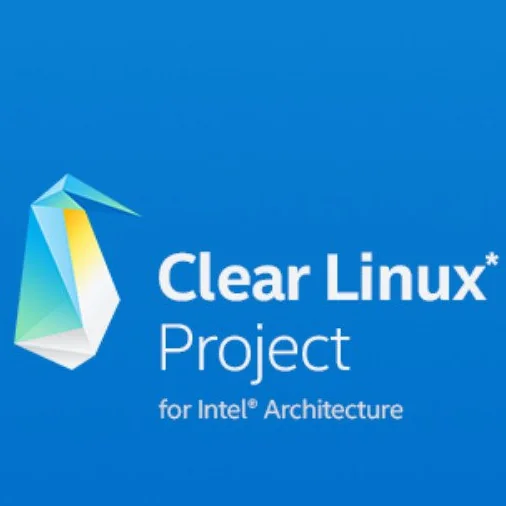Clear Linux's Latest Performance-Optimizing Effort: Greater PHP Performance

As we've shown in other Clear Linux benchmarks, this Intel Open-Source Technology Center project aims for delivering maximum out-of-the-box performance via tuning and patches where needed to their Linux kernel, aggressive GCC/Clang compiler defaults, and other steps for trying to deliver the best possible Intel x86_64 Linux performance. With the recent builds of this rolling-release distribution they are optimizing PHP 7.1.1 via PGO (Profile Guided Optimizations).
For those that happened to never hear of PGO before in compiler lingo, visit Wikipedia for a quick overview. Releases of GCC and Clang in the past few years have delivered solid PGO support, working with most software code-bases. While PGO is readily known as being able to increase the performance of generated binaries, usually by a few percent, not many Linux distributions take to optimizing their platforms using PGO.
Curious about the PHP performance on Clear Linux, with the Phoronix Test Suite and OpenBenchmarking.org being coded in PHP after all, I ran some quick comparisons. I compared Clear Linux on the same system to using Ubuntu 16.04.1 LTS with its native package (PHP 7.0) and then also using a source build of PHP 7.1.1 on this latest Ubuntu LTS release. As most of you know, PHP 7 delivers much better performance over PHP 5 while between PHP 7.0 and 7.1 there isn't much of a change.
Using the common phpbench, Clear Linux's PHP performance was around 20% faster than Ubuntu 16.04 LTS -- either with its native package or when building PHP 7.1.1 from source in a stock build. This 20% likely isn't solely due to the PGO build but also the system-level changes made by Clear Linux, such as using the CPUFreq scaling driver over P-State, aggressive compiler flags for all key system packages, etc. Granted, if you are using a production web server and utilizing caching with your PHP web pages, the actual benefits may be less, but I haven't looked yet to see if Clear is pursuing any optimizations on that front... (See this OpenBenchmarking.org result file for all the system details, etc.)
Interested in seeing a fresh LAMP stack performance comparison on more Linux distributions? Let me know by commenting on this article in the forums if interested. in that or other interesting Linux benchmarks, with priority as always being given to Phoronix Premium subscribers.
14 Comments

